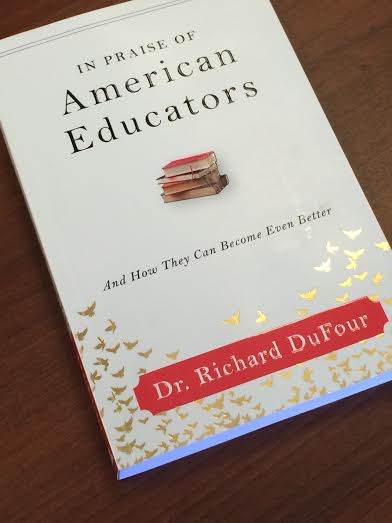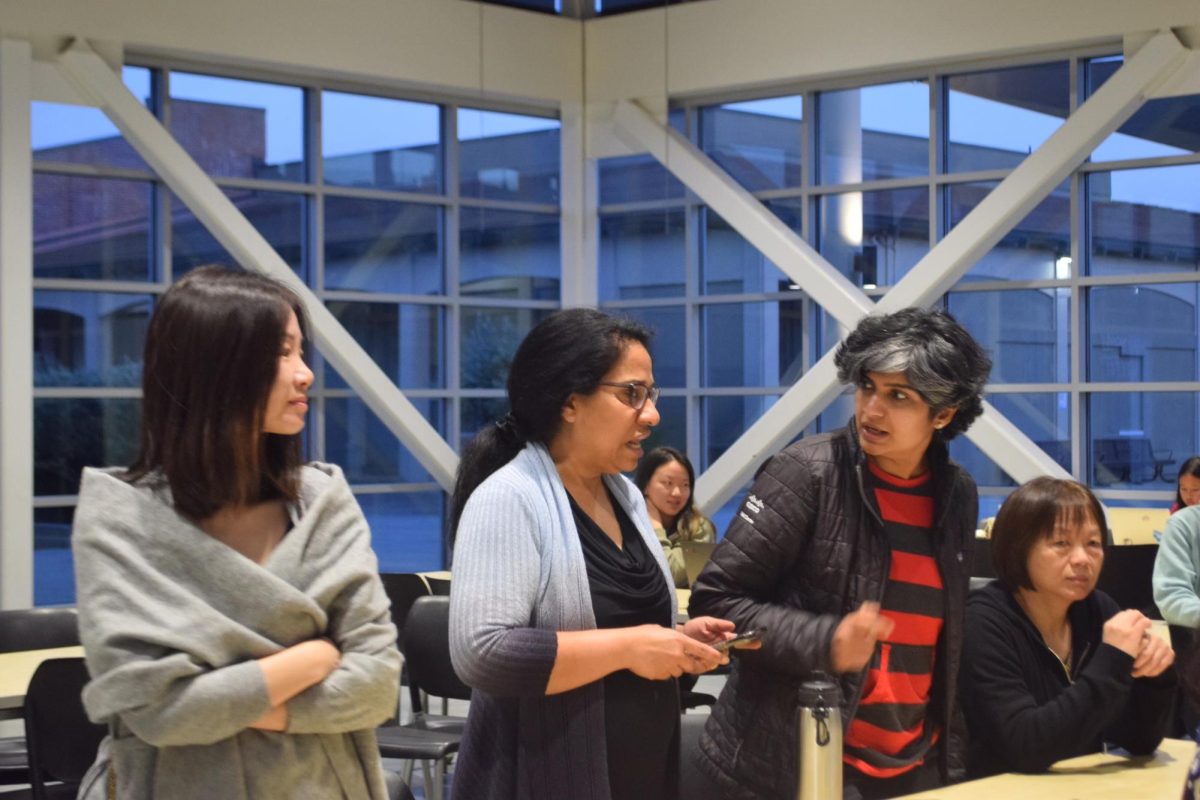Teaching, according to Ben Clausnitzer, Assistant Principal and head of School Site Council, no longer takes place in isolation — collaboration and varied education styles are making their way into MVHS classrooms through Professional Learning Communities.
PLC at work is essentially a conference where teachers can learn from veterans in the education community such as past experts in their respective fields and former teachers turned principals. These conferences help teachers rethink the way they format their classrooms so students can come away with a better understanding of the big concepts through the unit.

School Site Council provides the funds for teachers to go to these conferences, which can happen within the district or even in a different part of the country, under Staff Development.
“Teachers, by going to these conferences are learning that we don’t have to work in isolation anymore as educators” Clausnitzer said.
Gone are the days of the single-classroom schoolhouse. Teachers are now in dialogue together as a department in order to find solutions. PLC groups are creating what are essentially teaching units rather than segregated individuals to improve overall student learning.
PLCs in the Classroom
Biology and Chemistry teacher Supriya Moore, a big supporter of PLC conferences, felt that she and the rest of the Biology Department learned a lot from the one she went to last year.
“We all came away with an idea with how to form a team, what is the difference between a team and a group,” Moore said. “And, everything. How to establish essential learning for the curriculum, building assessments. We have definitely seen an improvement in student learning.”
The PLC conference Moore attended last year gave her a clearer picture of what worked and didn’t work in her class. One of the things the Biology Department originally focused on was the essential goals students needed to have achieved at the end of the unit, and then how to accurately measure their understanding. The PLC concept, according to Moore, is not about what the teacher is doing in the classroom, but about what the student is doing: whether their learning is active or passive. The conference has allowed Moore to reflect on her teaching style and, in her opinion, has definitely improved the way she teaches her students.
“Teachers never used to reflect to a day to day basis, what is it that students are learning?” Moore said, “so there’s a lot of reflection in day to day practice, not just unit level, but every single lesson. Every day I now have learning objectives so the students know, when they walk in, what they need to understand before they walk out of the classroom.”
By acting as a team, in the end students benefit the most, according to Clausnitzer. From the diverse and varied teaching styles teachers are exposed to, to teachers acting as a team versus an individual, the PLC conferences allow teachers to compare and reflect. Teachers can get solutions to when they are not teaching in a vacuum.
“It brings new ideas on how to teach, allowing their perspective to grow, which in the end helps the students learning experience,” said junior Girija Deshpande, chairperson at School Site Council.

The Collaboration Trend
“There are five questions that have been come up with to facilitate the discussion between teachers — and one of them is how do you know your students have learned something?” Moore said. “This is a huge shift because teachers always used to be focused on their lessons and what they are delivering and what they are doing, we never used to reflect on a day to day basis what is it that [students] are learning?”
Education is evolving, and teachers are slowly working together to create a new learning standard. When educators start to speak the same language in terms of essential goals and borrow each other’s best abilities, the classroom behaves more cohesively as a unit. According to Moore, by speaking the same language, there is more equity and unity between the department, which ends up benefitting the students’ overall experience.
“It has definitely been a natural evolution of education across our nation. If you are a doctor, you wouldn’t want to use practices that are no longer current, that is malpractice,” Clausnitzer said, laughing. “So if you are an educator you want to stay current with your profession.”








